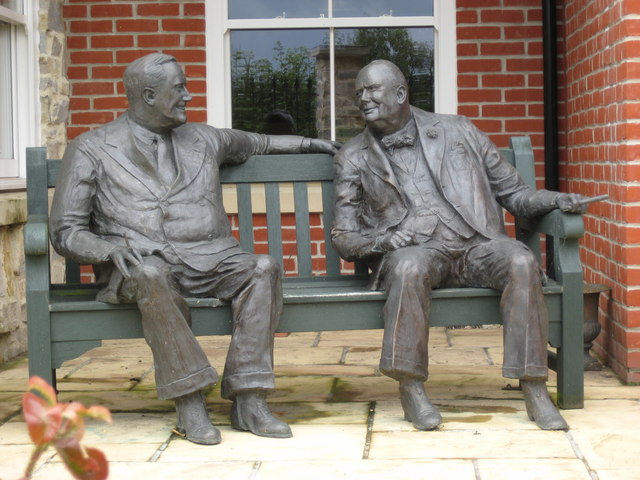
One definition for critical thinking is "the intellectually disciplined process of actively and skillfully conceptualizing, applying, analyzing, synthesizing, and/or evaluating information gathered from, or generated by, observation, experience, reflection, reasoning, or communication, as a guide to belief and action."
In other words, critical thinking is the process by which people qualitatively and quantitatively assess the information they have accumulated, and how they in turn use that information to solve problems and forge new patterns of understanding. Critical thinking clarifies goals, examines assumptions, discerns hidden values, evaluates evidence, accomplishes actions, and assesses conclusions.
IN CONTEXT
Critical thinking has many practical applications, such as formulating a workable solution to a complex personal problem, deliberating in a group setting about what course of action to take, or analyzing the assumptions and methods used in arriving at a scientific hypothesis. People use critical thinking to solve complex math problems or compare prices at the grocery store. It is a process that informs all aspects of one's daily life, not just the time spent taking a class or writing an essay.
Critical thinking is imperative to effective communication, and thus, public speaking.
Critical thinking occurs whenever people figure out what to believe or what to do, and do so in a reasonable, reflective way. The concepts and principles of critical thinking can be applied to any context or case, but only by reflecting upon the nature of that application.
Expressed in the most general terms, critical thinking is "a way of taking up the problems of life." As such, reading, writing, speaking, and listening can all be done critically or uncritically insofar as core critical thinking skills can be applied to all of those activities. Critical thinking skills include observation, interpretation, analysis, inference, evaluation, explanation, and metacognition.
Critical thinkers are those who are able to do the following:
Therefore, critical thinkers must engage in highly active listening to further their critical thinking skills. People can use critical thinking skills to understand, interpret, and assess what they hear in order to formulate appropriate reactions or responses. These skills allow people to organize the information that they hear, understand its context or relevance, recognize unstated assumptions, make logical connections between ideas, determine the truth values, and draw conclusions.
Conversely, engaging in focused, effective listening also lets people collect information in a way that best promotes critical thinking and, ultimately, successful communication.
Source: Source: Boundless. "Listening and Critical Thinking." Boundless Communications Boundless, 2 Mar. 2017. Retrieved 28 Jun. 2017 from https://www.boundless.com/communications/textbooks/boundless-communications-textbook/learning-to-listen-and-helping-others-do-the-same-5/understanding-listening-29/listening-and-critical-thinking-133-4210/